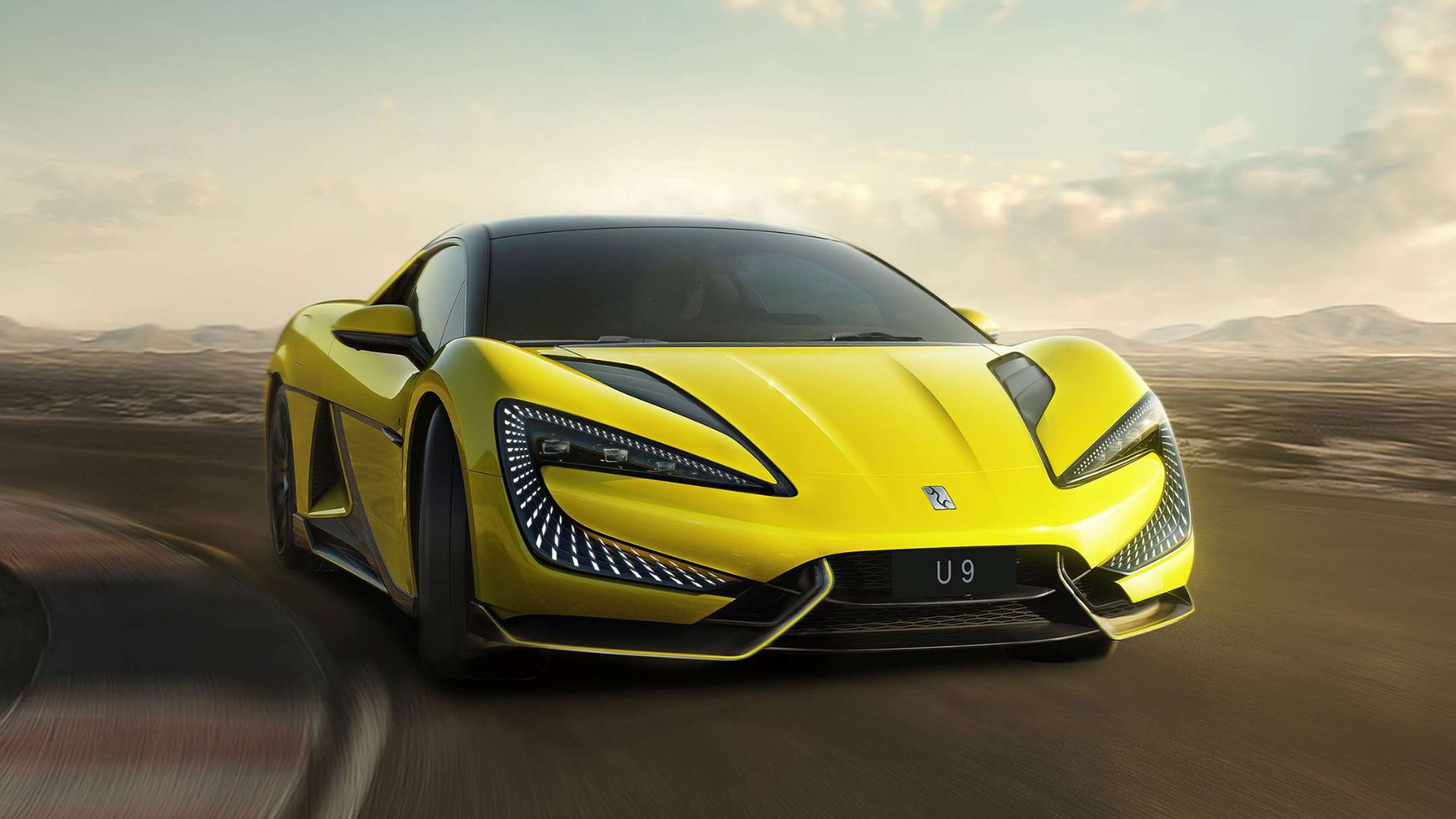
The numbers don’t lie: China is an absolute powerhouse of an EV maker. Figures from 2022 suggest that 6.8 million electric vehicles were sold in its domestic market during that 12-month period, while North America, which is still clinging to the title of world’s superpower, managed around 800,000 in the same timeframe.
There are numerous fiscal arguments as to how this happened, from government incentives and subsidies to the decision to act on its air pollution issues and break the nation’s reliance on imported oil. But whatever your political persuasion, there’s no denying that China is a big early EV adopter.
The nation knew it couldn't compete with the establishment on internal combustion engine technology, so it bet big on EVs when they were just an obscure, niche sentiment. It appears the gamble is paying off.
So much so, that the European Commission has launched an investigation in to the "flood" of cheap Chinese electric vehicles that are entering its markets. Tariffs may be imposed on Chinese imports to ensure 'legacy' automakers, such as German giants Mercedes-Benz and the Volkswagen Group, aren't priced out by the competition.
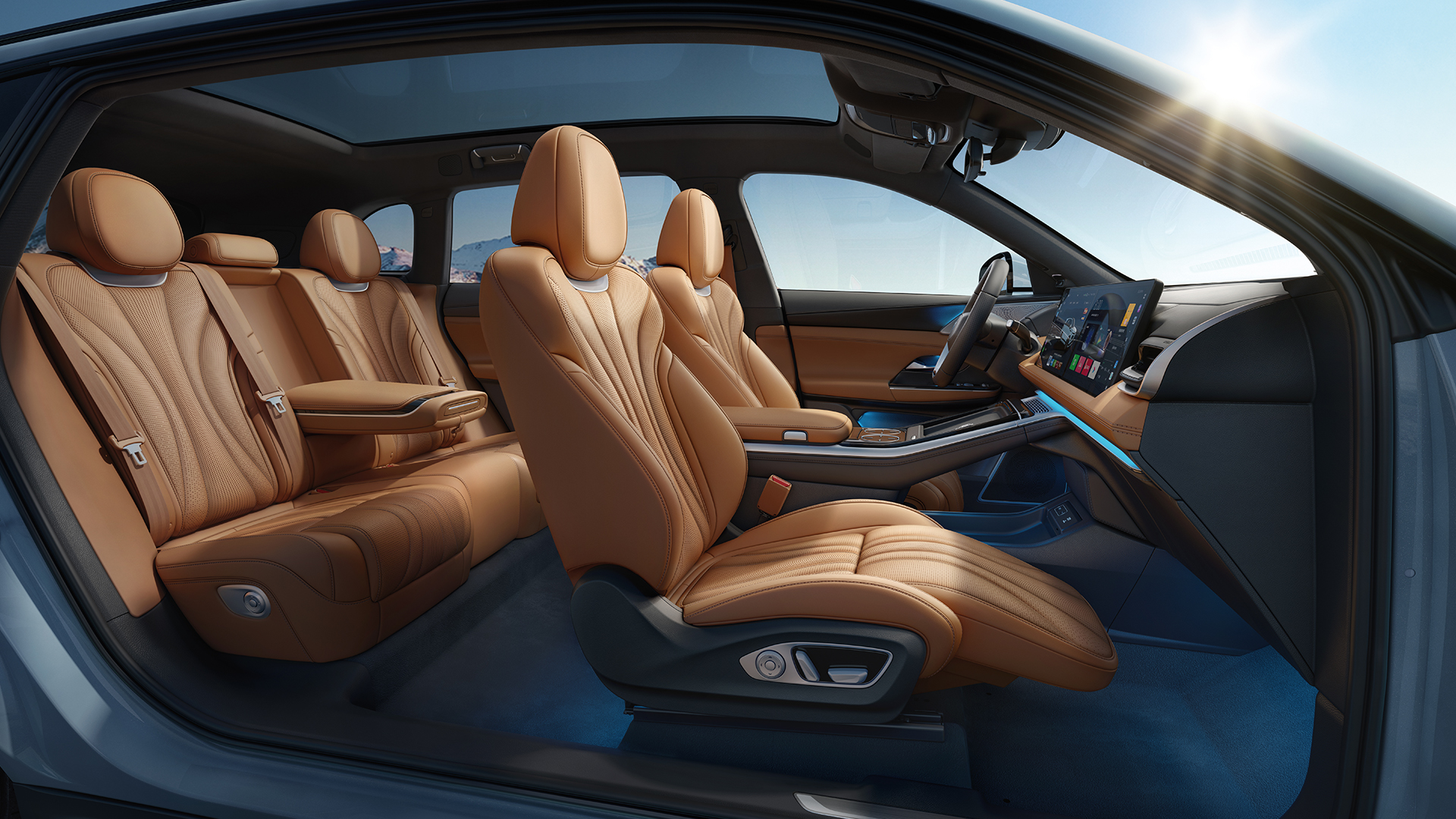
A similar move has been made by the US government , which switched up its federal tax credit programme so it now only applies to electric vehicles that source the majority of their raw materials from the domestic market and are finally assembled in North America, or other countries the US has free-trade agreements with.
This is a direct response to trading with "Foreign Entities of Concern," or FEOC, namely North Korea, Russia, Iran and, you guessed it, China.
Governmental interventions like this are ensuring that many Chinese start-ups are still wallowing in relative obscurity in many other markets, which is a shame, because there's a lot of innovation to get excited about. But that could well start to change.
With that in mind, here are the five Chinese EV brands you probably haven’t heard of… and why you should sit up and take note.
1. Xpeng
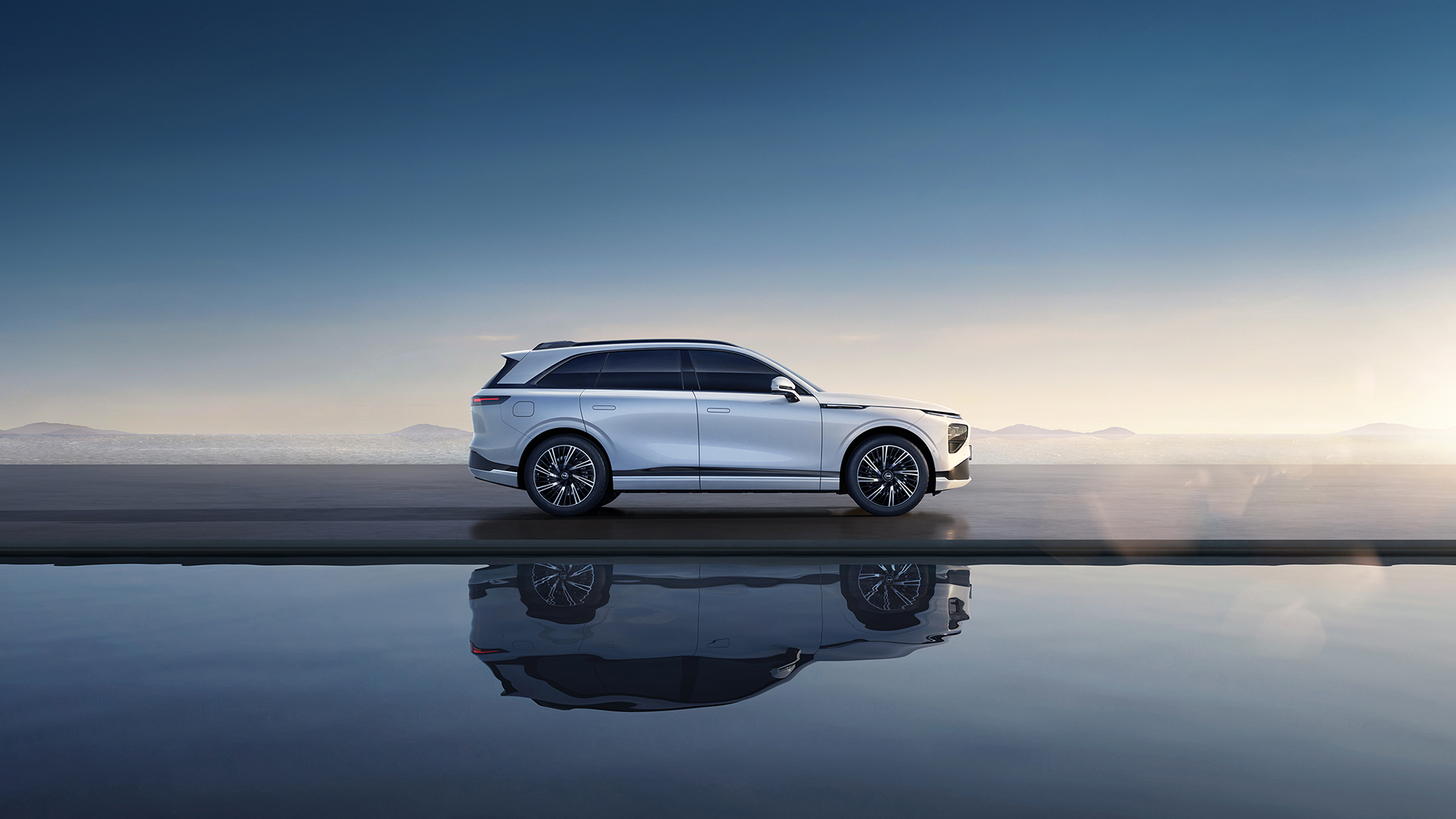
There’s not much that Guangzhou Xiaopeng Automotive Technology, or Xpeng for short, isn’t currently dabbling in. Luxurious electric SUVs, Tesla-baiting saloons and even advanced electrical vertical take-off and landing craft. That’s right, it’s already thinking way beyond the car as an essential mode of urban transportation.
But back on terra firma, the brand is already making in-roads to certain European markets, which have been enjoying the P7 electric saloon, which offers a 706km (438 miles) electric range – performance that will happily embarrass a Porsche 911 – and advanced levels of self-driving technology.
What’s more, the brand recently unveiled its G9 flagship luxury SUV, which cleverly houses advanced LiDAR systems in its all-singing, all-dancing LED headlamps, 800V architecture for fast-charging and a similarly impressive electric range as its saloon sibling.
Interiors are festooned with grandiose materials, while the infotainment systems run Xmart OS, which is the marque’s in-house operating system that allows for over-the-air updates, advanced voice assistant and remote parking.
This OS has already been updated multiple times in China, introducing AI-powered assistants, higher levels of autonomous driving functionality and remote summon technology.
To think that Mercedes-Benz is only now waxing lyrical about its MB.OS, which we will have to wait until next year to see and finally reach its full potential.
2. YangWang
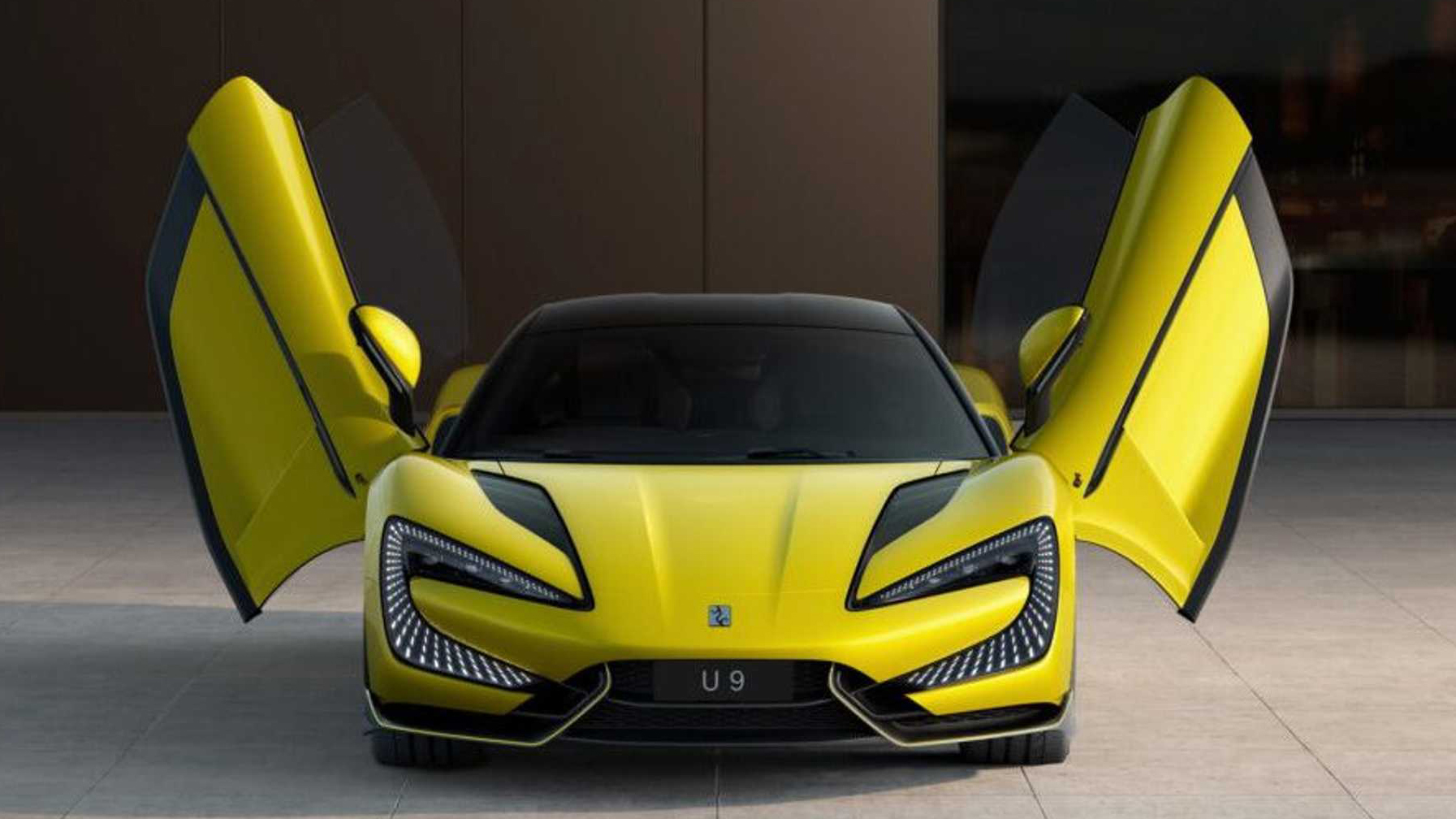
If you can stop giggling at the name for a moment, you’ll learn that YangWang is the luxury arm of Chinese automotive giant BYD, itself a prominent producer of excellent EVs.
The U9 is the company’s stab at a proper all-electric supercar and, aside from looking the part, it also packs some eyebrow-raising technology. Most pertinent is the car’s ability to jump… like a cat on a hot tin roof.
That’s right, the marque’s DiSus-X 'body control system' features advanced hydraulics, similar to those we bore witness to at Porsche’s recent Panamera preview event, that allows it to hunker down and and leap into the air.
YangWang says the same tech can also allow it to drive on just three wheels, which is slightly mad, but reassuring to know nonetheless.
Headline-grabbing gimmicks aside, the U9 features quad electric motors with a combined power output of 808kW, which is akin to more than 1,000bhp. It is the second vehicle to wear the YangWang badge, following the similarly powerful U8 SUV.
Parent company BYD said in a press conference that the U9 would cost around 1 million yuan in its home market, which is the equivalent of around $140,000 /£110,000 / AUS$211,000. That’s a lot of shove for the money.
3. Zeekr
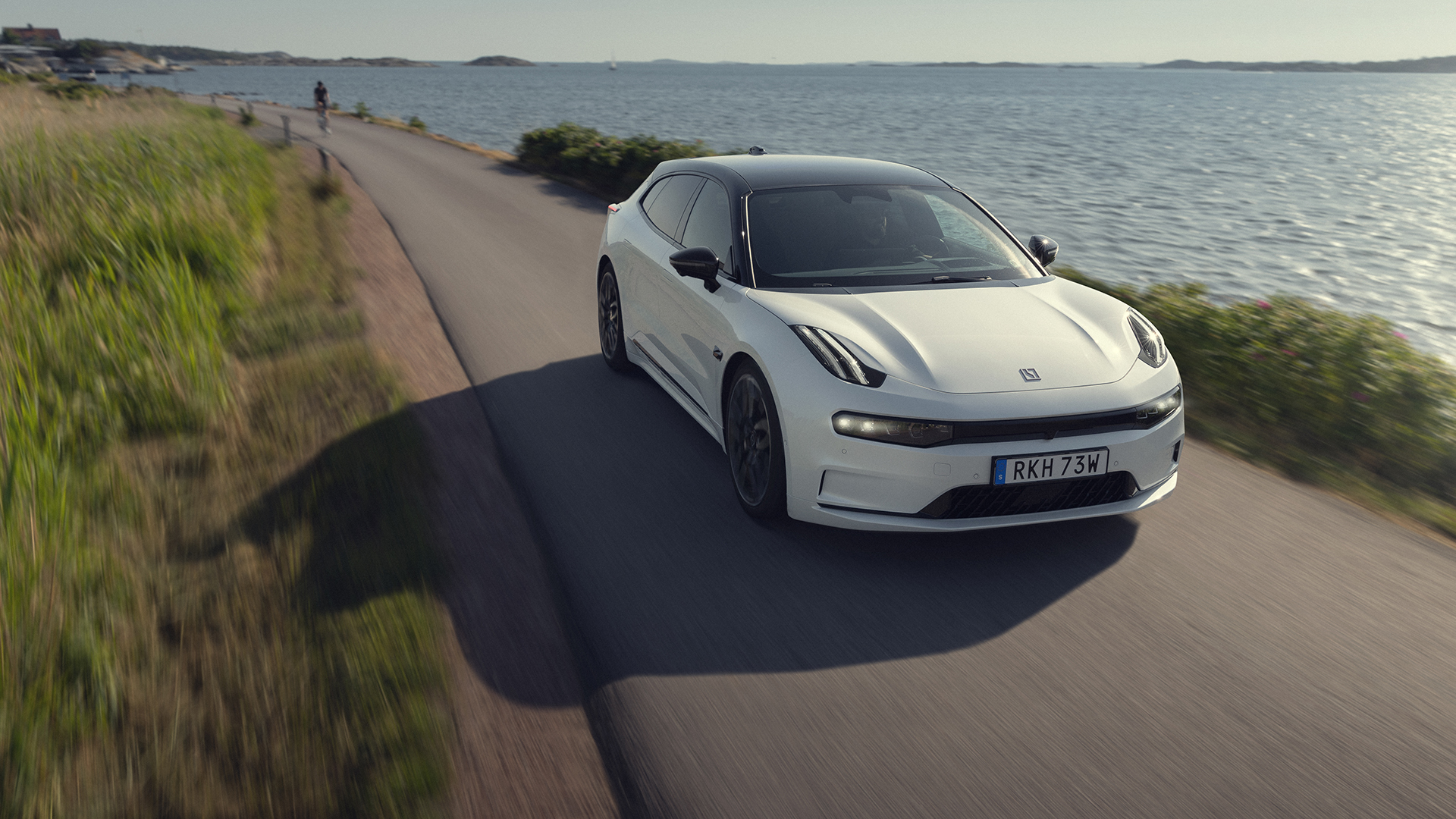
Ok, so anyone with even a pinky on the pulse of modern EVs will have heard of Zeekr, another subsidiary of Chinese Goliath Geely Automobile Holdings (Volvo, Lotus, LEVC taxis and more).
It is already racking up sales in Europe, thanks to a line-up that includes cute city crossovers and stylish shooting brakes (who said estates were dead?), while Geely has announced its intentions to win over the North American public in the near future.
Again, Zeekr nails the basics with its EV offerings, starting with the generous range, which easily tickles the 400-mile mark in long range rear-wheel drive 001 models. Performance is also understandably punchy, with variants offering power outputs of over 500bhp. There's even a 001 FR model that will put out 1,265bhp.
Designed to go up against Tesla’s all-conquering Model S, the Zeekr 001 offers much of the same performance, range and interior technology, but at a fraction of the asking price in Europe.
The company offers a larger 009 model in China, while it has already unveiled the 007, which it says is the first model to be offered at the mainstream market.
The price? Well, it’s purported to be around $32,200 / £25,000 / AUS$48,000, despite the mid-sized sedan easily going up against similarly-sized (and much more expensive) rivals from Audi, Mercedes-Benz and more.
4. Wuling
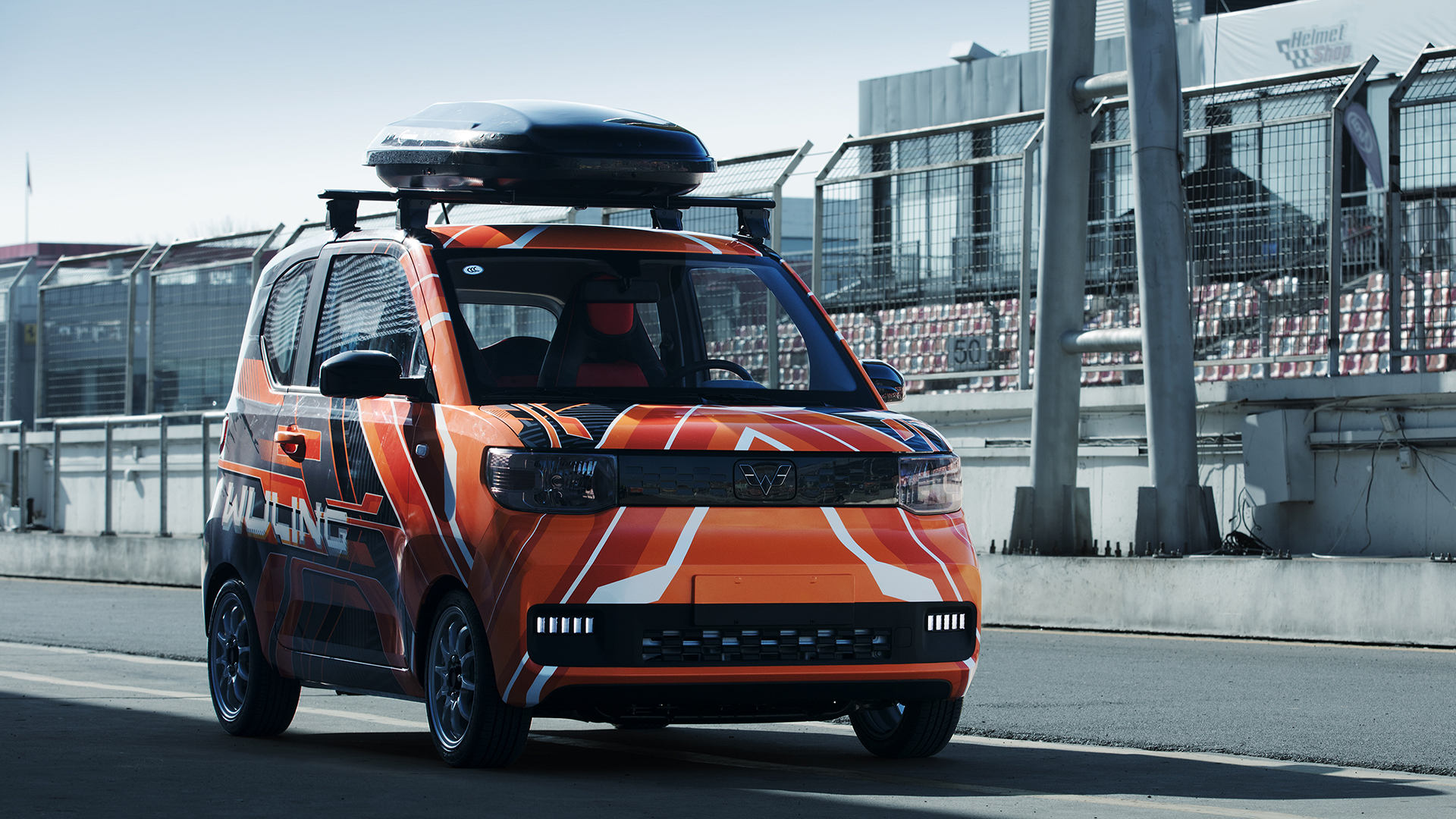
Much of the excitement surrounding China’s booming EV industry comes from its forward-thinking approach to tech. This has encouraged tech giant Huawei to make a car, for example, and the country also produces potent and road trip-friendly machines at a wallet-friendly price.
But Wuling sits very much at the other end of the spectrum, producing a tiny city car that costs around $4,500 / £3,500 / AUS$6,650. As a result, it easily outsells the Tesla Model 3 in its domestic market.
Wuling and its Hongguang Mini EV is actually a joint venture between General Motors and China's largest carmaker SAIC Motors, which has produced a runaround that is even smaller than a Fiat 500. Its easily accessible asking price has made it a hit with inner-city youngsters, keen on freedom without the associated costs.
Again, there's little word on it being sold further afield yet, but an updated version of the Hongguang went on sale in Indonesia late last year and immediately became the best-selling EV there, overtaking Hyundai, Genesis, Lexus and more.
5. Nio
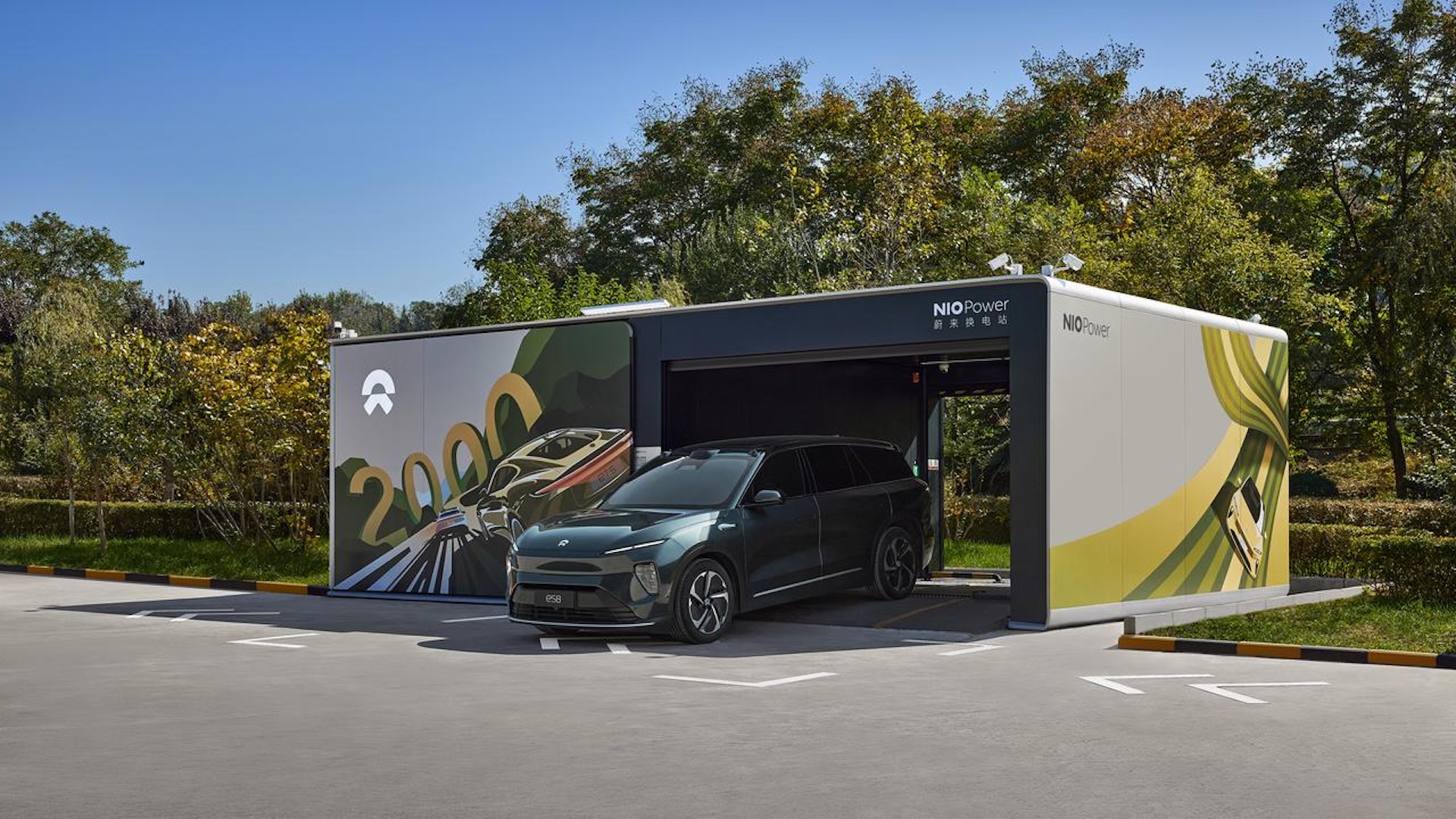
While Nio is arguably one of the more established EV brands hailing from China (file it next to BYD and Zeekr), it is still very much in its ascendancy. It joins a throng of Chinese start-ups that continue to chip away at Tesla’s success in their domestic market and beyond.
Recently, Nio stated that it would not be dragged into a price war with Tesla, sticking to its guns and offering what it feels is a premium product at a reasonable price.
So far, early reviews of numerous Nio products, such as the ET5 saloon (a car made in Europe for Europe), have been largely positive and back up its bold pricing claim, with Autocar suggesting it is a credible rival to the BMW i4 and Tesla Model 3.
Back in Shanghai, Nio offers an enticing range, which spans sleek SUVs, coupes, estate cars, as well as its staggering EP9 performance vehicle that, although only sold in very limited numbers, proved that a start-up could make electric motoring exciting.
In addition to its array of stylish, tech-packed EVs, it is Nio’s innovations in the realm of customer experience that intrigue. Its Nio Power battery swap technology, although not entirely innovative, is the first of its kind to be properly deployed and available for public use.
The system is able to swap an entire EV battery in under five minutes, with the vehicle autonomously taking care of the entire process. Simply drive up to one of its battery swap stations and let Nio's tech do the hard work.
Not only does this assist the owner with any range anxiety issues, it also brings down the cost of EV ownership, as Nio leases the battery (one of the costliest parts of an EV) to the customer, rather than bundling it in with the sticker price.







